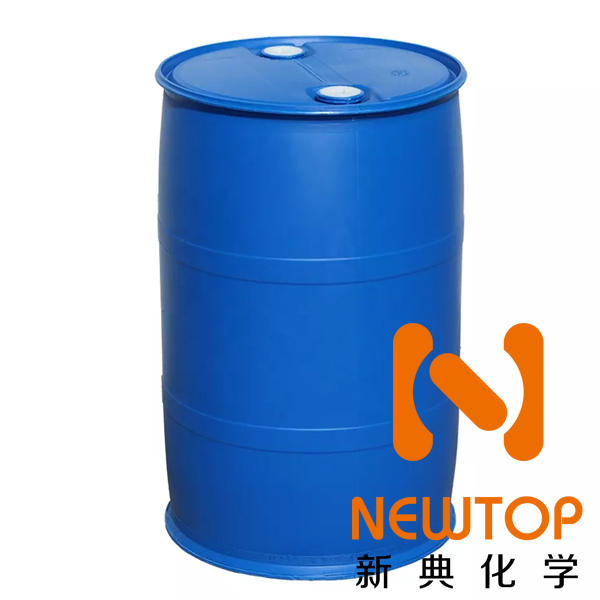Overview:
Triethylene diamine, also known as triethylenediamine. White or light yellow crystals. Ammonia flavor, this product is an organic synthesis intermediate, synthetic light stabilizing material, widely used in polyurethane foam, elastomer and plastic products and molding process. Or polymer initiator, can be used as ethylene polymerization catalyst and epoxy-ethane polymerization catalyst, its derivatives can be used as corrosion inhibitors, emulsifiers and so on.
Basic information:
Short for: TEDA, DABCO,PC CAT TD100
English name: TRIETHYLENEDIAMINE
Chemical formula: C6H12N2
Physicochemical properties
TEDA is normally colorless or white crystal, which is easy to absorb moisture and caking when exposed to air, is alkaline, and can absorb CO2 in the air and turn yellow. It is easily soluble in acetone, benzene and ethanol. Pure TEDA is very toxic, inhaling saturated TEDA vapor will cause minor mucosal irritation, eye damage, irritation of the skin will cause allergies.
Relative density (25 ° C) : about 1.14
Melting point of pure product: 158-159℃
Flash point: 60℃
Boiling point: 174℃, easy to sublimate, slightly ammonia flavor
Steam pressure: about 67Pa at 21℃, 533Pa at 50℃, 7.7kPa at 100℃
Preparation:
There are several methods to synthesize TEDA at home and abroad. The general process is to put the aqueous solution of amine or alcohol amine raw material through the reactor filled with catalytic zeolite at a certain flow rate, react at 320-400℃, 0.3MPa under the condition of purification, to obtain TEMA.

Disclosure treatment
Stop leaks as much as possible while ensuring safety. If a minor leak is found, treat it with sand or other absorbent material and place it in a clean, dry container for subsequent treatment. If a large amount of leakage occurs, the leaked material should be collected for subsequent treatment. Avoid material entering groundwater or surface water, because it is not easily degraded by biological matter. All collected leakage materials should be disposed of in accordance with the relevant regulations of the local environmental protection department.
Disclaimer
The information and technical advice provided above are obtained from reliable sources. However, the data provided by us is without express or implied warranties, and no commitments are made herein. If you need to use our products, we recommend a series of tests. The application, use, processing or production of products based on the technical information provided by us is outside our control and therefore the responsibility lies with the user. Conditions and methods of handling, storage, use or disposal of this product are beyond our control and may be beyond our knowledge, and under no circumstances will we be liable for loss, damage or related expenses arising from improper handling, storage, use or disposal of this chemical. For more information, please review the technical safety specifications of our products or contact our Marketing Services department.
Safety Information:
Catalyst, rinse with soapy water promptly after contact with skin. The staff can wear an eye mask or safety glasses to achieve the purpose of eye protection. Eye washing and bathing facilities should be available near the workplace. When working in places that may come into contact with the product, you should pay attention to personal hygiene and use detergent to wash the skin in contact with the product before eating, smoking and leaving the work.
Shelf life:
Remain unopened for two years
Storage and Transportation:
Should be sealed, stored in a dry cool ventilated warehouse
Packing:
200KG/ barrel storage: It is recommended to store in a dry and cool area with proper ventilation. After the original packaging, please fasten the packaging cover as soon as possible to prevent moisture and other substances from mixing and affecting the product performance. Do not inhale dust and avoid contact between skin and mucous membrane. Smoking, eating and drinking are prohibited in the workplace. Shower and change after work. Store contaminated clothes separately and use them after washing. Practice good hygiene.
Technical support and business contacts E-mail:sales@ohans.com
![1-8-Diazabicyclo[5.4.0]undec-7-ene,DBU catalyst,CAS 6674-22-2](https://www.dbuchem.com/wp-content/uploads/2022/10/logo2.png)

